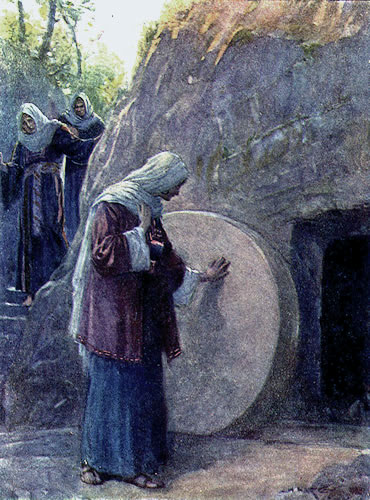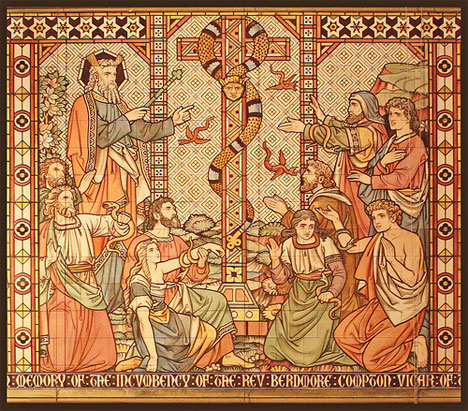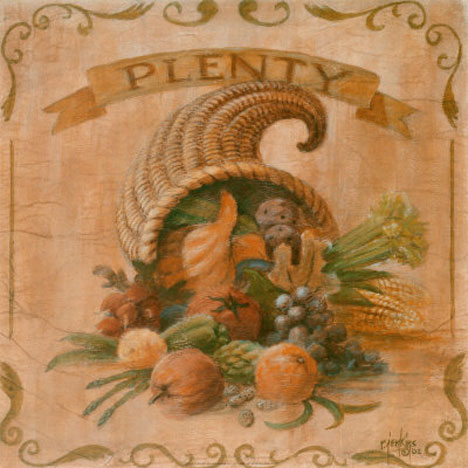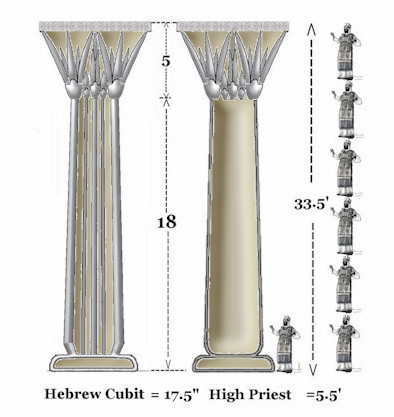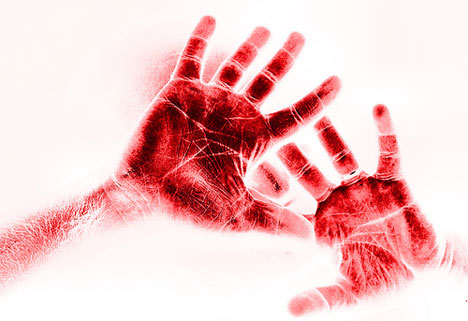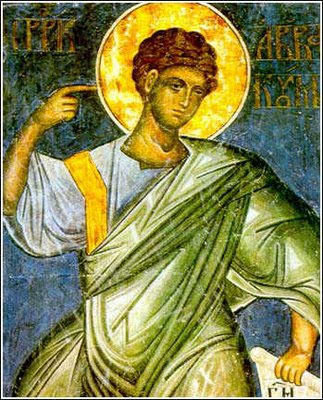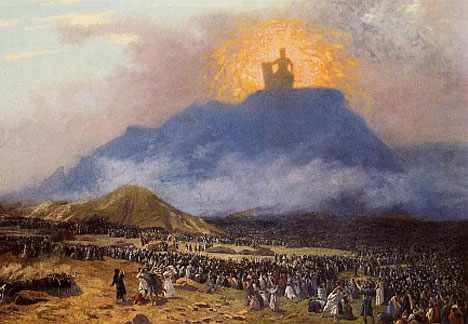Q&A

A. T. Ross’ review of Peter Leithart’s recent book, The Four: A Survey of the Gospels. From www.goodreads.com
A wonderful follow-up book to Leithart’s A House For My Name, this one focusing on the gospels. I hope he plans to do a third to complete the set, focusing on a survey of the entire the New Testament as the completion of God’s house.
No Bronze Wedding
“And as Moses lifted up the serpent in the wilderness,
even so must the Son of Man be lifted up…” John 3:14
Peter Leithart recently noticed a chiasm in John 3:
A. Lifted up
…B. Serpent
……C. Wilderness
…B’. Son of Man
A’. lifted up.
Bible Matrix readers should notice immediately the wilderness at the centre. This means there is a lot more to this single phrase of Jesus’ conversation with Nicodemus. In fact, there is all of heaven and earth.
Being Cornucopia
The Table on God’s Mountain
“Most assuredly, I say to you,
unless a grain of wheat
falls into the ground
and dies,
it remains alone;
but if it dies,
it produces much grain.”
John 12:24
Israel was given a “firstfruits” taste of the Promised Land in Numbers 13. As with all Covenants, it was bittersweet. There were grapes, but there were giants. It was the same challenge as the one given to Adam. They were called to be judges who made their decisions based not on sight, but on faith in God’s Words.
Continue reading
Pillars of the Land
Peter Leithart writes:
“Why so much attention to the pillars of Solomon’s temple in 2 Kings 25? It is likely that these were the last major items left. Ahaz had already dismantled the bronze sea and the water chariots. King after king plundered the temple for bribe money. When Nebuchadnezzar came, not much was left. Perhaps even the ark was among the ‘gold’ items removed earlier.” [1]
Payback
The Wrong Kind of Blood, the Wrong Kind of Spirit
These six things the LORD hates, Yes, seven are an abomination to Him:
…..A proud look,
……….A lying tongue,
……………Hands that shed innocent blood,
………………..A heart that devises wicked plans,
……………Feet that are swift in running to evil,
……….A false witness who speaks lies,
…..And one who sows discord among brethren. (Proverbs 6: 6-19)
Although Revelation describes two women, there was really only one. Solomon dealt with two prostitutes who lived in the same house. What Revelation does is cut the prostitute in two. At Atonement, Rahab was separated from Jericho; Mary Magdalene was delivered of her seven demons. Peter Leithart writes:
“Mary Magdalene functions in the same way in John’s gospel. She had seven demons (like Israel in Jesus’ parable!), but by the end of the book has become a new Eve, recognising Jesus as the New Adam in the garden of the resurrection. Since she is new Eve, it is entirely appropriate that Jesus call her ‘Woman’.” [1]
The Civilisation of Death
“Adam himself was to bring both death and life into the world through wise judgment.”
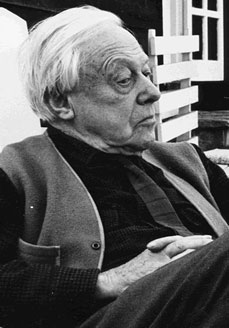 .
.
The view that the death and resurrection of Christ purchased back for us the innocence (and innocent world) of Genesis 1 seems extremely childish to me now. How did we miss the fact that the Old Testament is filled to overflow with deaths and resurrections, personal, familial, national and imperial? There was no death before sin, but the scenario deliberately set up by God in Genesis was to bring Adam to a point of making a wise judgment. He was to crush the head of the serpent. In a sense, he was to kill death. His obedience would guarantee future life, but his obedience itself was a form of death. Obeying God is a daily dying, but as Paul understood, it was a dying so that there might be rejoicing on the other side. Obedience is a death that makes a judgment call to purchase, nay, miraculously create, new life. The original creation was set up, wound up, to go somewhere better, to be something greater.
Peter Leithart gave some lectures on the writings of Eugen Rosenstock-Huessy in 2008: Continue reading
A Man Who Sues God – 2
The Slow Wheels of Justice
I am Habakkuk the prophet. And this is the message that the LORD gave me. Our LORD, how long must I beg for your help before you listen? How long before you save us from all this violence? Why do you make me watch such terrible injustice? Why do you allow violence, lawlessness, crime, and cruelty to spread everywhere? Laws cannot be enforced; justice is always the loser; criminals crowd out honest people and twist the laws around.
Habakkuk 1:1-4
[Part 1 here.]
Perhaps there is more to this idea of “suing God” than a mere Puritan quote, especially when God Himself fails to keep His own rules, when God Himself appears to break Covenant.
Continue reading
Infinite Room – 5
The Killing Field
“…that on you may come all the righteous blood shed on the Land, from the blood of righteous Abel to the blood of Zechariah, son of Berechiah, whom you murdered between the temple and the altar.” Matthew 23:35
“from the blood of Abel to the blood of Zechariah who perished between the altar and the temple. Yes, I say to you, it shall be required of this generation.” Luke 11:51
The Hebrew word for “land” is feminine. [1] The fruitful Bride is pictured in the fruitful field. Both are to be cultivated and cared for under God by Covenant.
When the priesthood was faithful, God promised to make the people, animals and Land fruitful: the Covenant “to,” the input of the Spirit as Head, as Covenant Word made flesh. Deuteronomy 28 gives a long list of ways in which God would make her abundant. Continue reading
Infinite Room – 4
Smoke and Mirrors
Instead of being qualified to carry the flaming sword and take dominion over the world,
“You will chase your enemies, and they shall fall by the sword before you.” Leviticus 26:7
he moved outwards into the world, but without access to the mountain of God. Adam was still under the sword. He was outside the fruitful field of Covenant with God, and all other relationships were distorted. His Covenant with his wife, and his delegated Covenant with the Land. Continue reading
